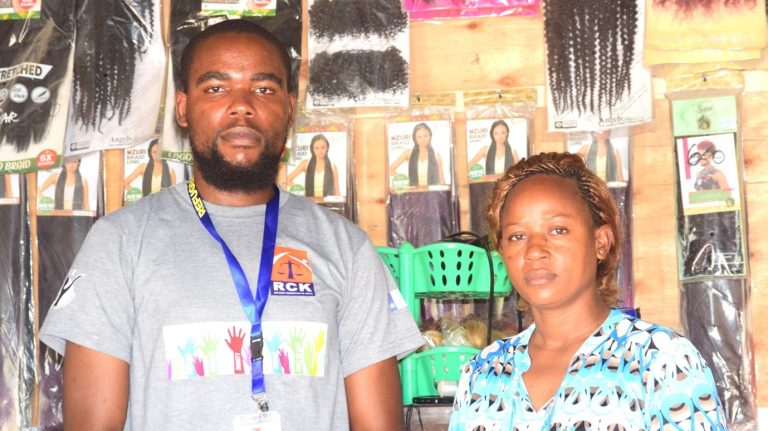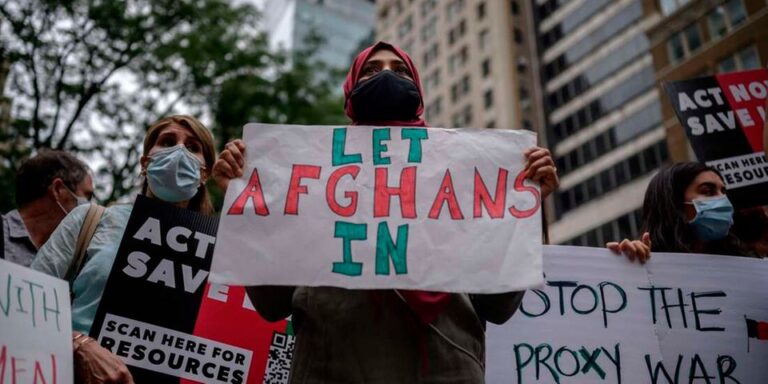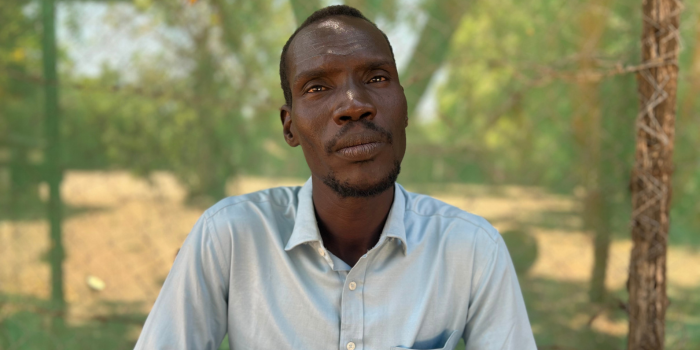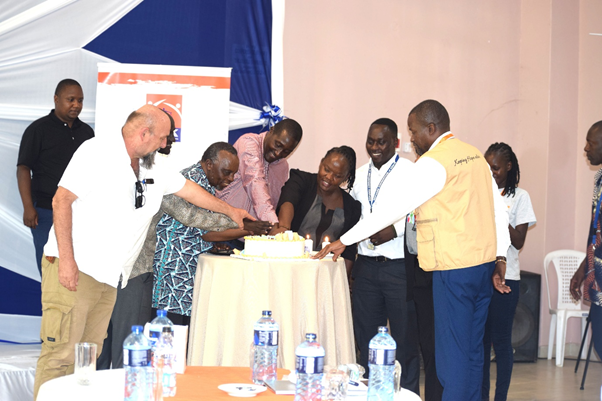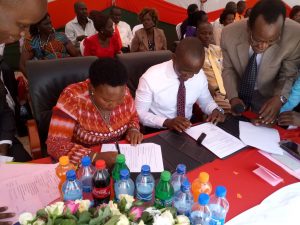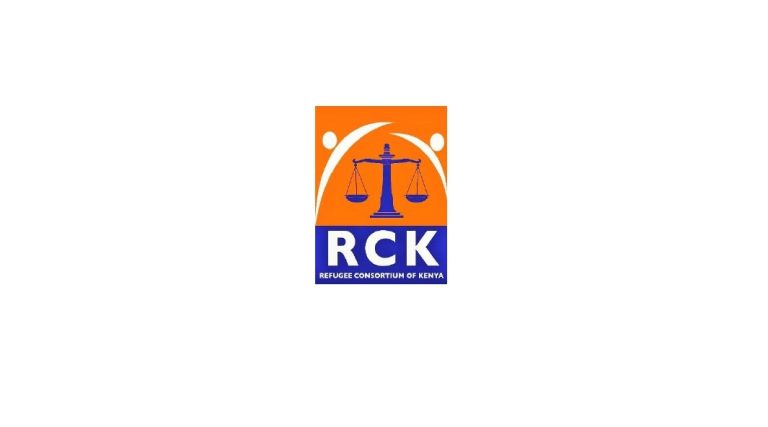Kawangware is a low-income residential area in Nairobi, Kenya, about 15 km west of the city Centre, between Lavington and Dagoretti. It comprises of slums, low-class residential area, with constant lack of basic amenities such as clean water, poor road infrastructure and insecurity. This is where I meet Ms. Daima (not her real name), a Gender Based Violence (GBV) survivor. “I was in a very abusive relationship. My then husband used to physically assault me in front of the children. They became so much affected, that they dropped out of school. We couldn’t afford any basic need, from the rent, food, clothes to school fees. I was so stressed, traumatized and faced sleepless nights. I used to clean people’s houses, to get money for our needs. Even the women I would turn to, would physically abuse me, so I felt hopeless. One day, I interacted with a Community Based Counselor (CBC) who referred me to RCK offices. For the first time, I got someone I could pour my heart to. Someone to listen to me and give me hope”.
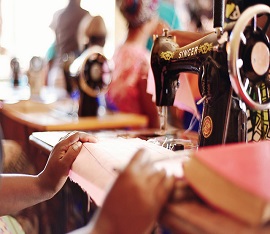
“I received support to attend the Refugee Consortium of Kenya’s (RCK) economic empowerment program where we were trained on business skills. I created my business plan which was to put up a tailoring shop. I got a seed grant in form of capital goods such as a sewing machine, scissors, a table, thread, iron box and later they gave me cash of Ksh 3000 to buy other things which I got a receipt and submitted to the office. This really helped me to start the business which was able to pay for my rent and food for the family”.
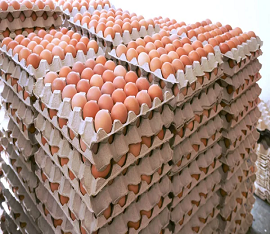
“When Covid-19 pandemic struck, although I was able to get food, I could not manage to pay rent. During the same period, fire from a nearby garage gazed down all that was in my shop and I was taken back to zero. The project team reached out to me and asked if I needed any support. My interest was to sell eggs. They bought me 70 crates of eggs in February 2022. From the profits I got from the business, I saved and was able to buy second hand shoes and some Kitenge materials, to continue the tailoring shop. I am now able to pay school fees for my two children, one in form 3 and the other in PP1”.
“I really appreciate what this project has done to me. I am now able to fight for my rights and not be abused like I used to since I am able to take care of myself financially”.

